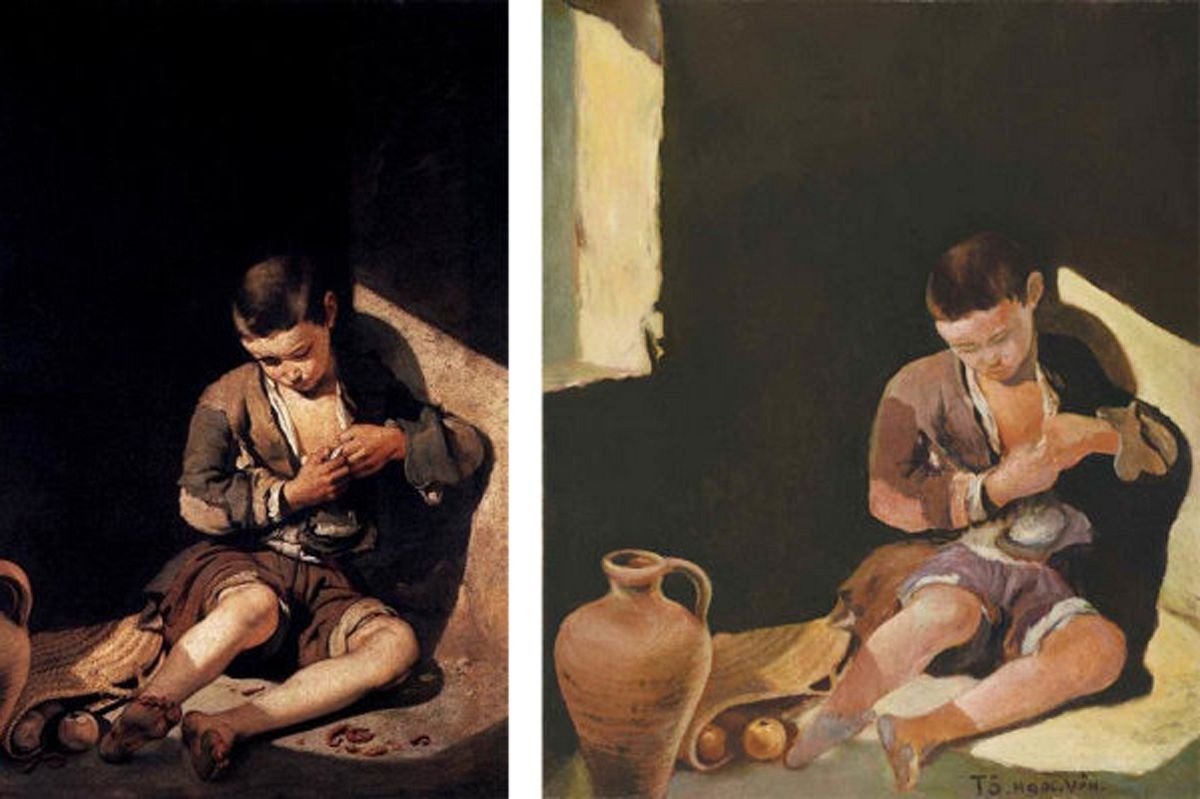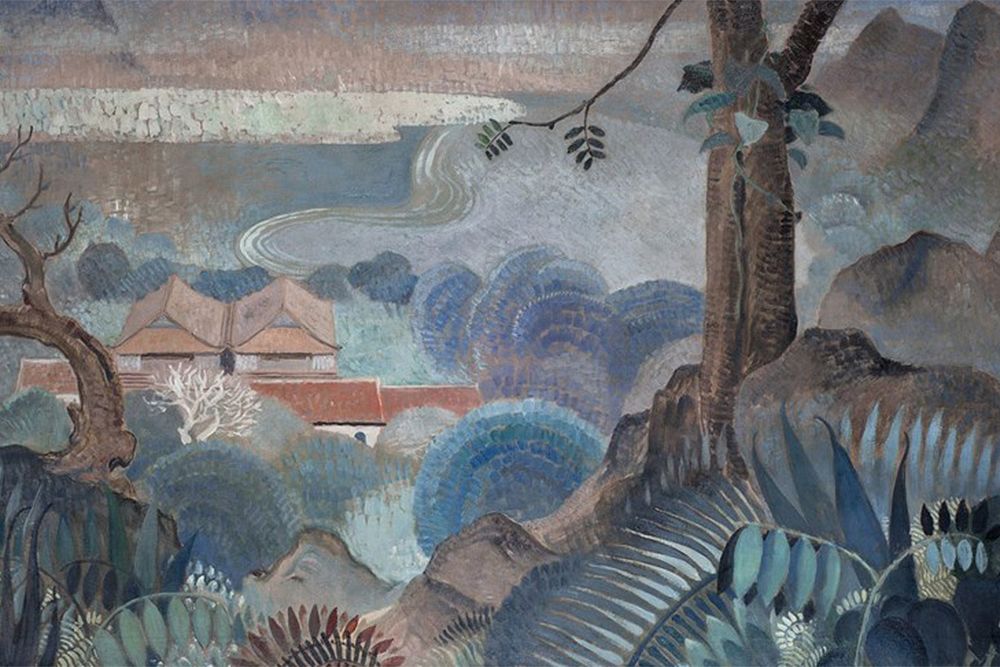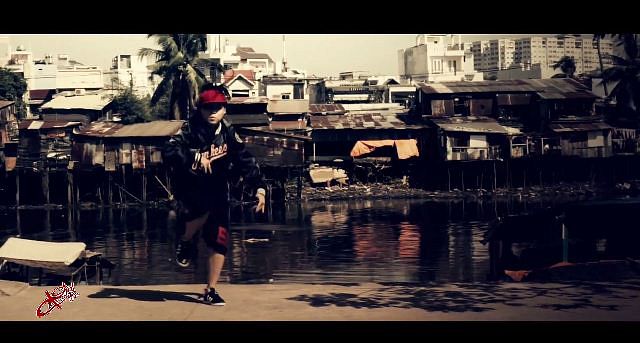On January 18th, famous Chinese rapper GAI (real name: 周延 Zhōu Yán) was abruptly removed from the reality TV show 歌手 (The Singer).
The following day, during a press briefing hosted by The State Administration of Press, Publication, Radio, Film and Television of the People’s Republic of China (SAPPRFT), secretary of propaganda department 高长力 Gao Changli announced that it will ban “tattoos, hip-hop music, sub-culture, and decadent culture” from radio and television, Sina Entertainment reports.
The official statement also outlines four "absolute don't"s that radio and TV shows should adhere to when inviting guests, which are as follows:
“Don’t use actors that are in conflict with the Party’s core values and morals; don’t use actors who are vulgar and kitsch; don’t use actors who have low class and unrefined tastes; don’t use actors who are scandalous and have moral problems.”
The announcement has led many to worry about the future of China's burgeoning hip-hop scene, which made its way to Chinese mainstream pop culture via a recent reality show 中国有嘻哈 (Rap of China), in which GAI was a co-champion, along with rapper PG One (real name: 王昊 Wang Hao). PG One was recently forced to apologize for offensive lyrics about women and recreational drugs.
Rap of China, an online talent show produced by iQiyi – the country’s largest online video platform – aired its first season in 2017 and took the country by storm, gaining popularity among Chinese young generations.
This is not the first time the Chinese government has turned its aggression against hip-hop music. In 2015, the country’s Ministry of Culture banned more than 120 songs – most of them hip-hop – due to “obscenity, violence, crime or harmed social morality.” Last year, China also caused outrage after Beijing announced that local media platforms are prohibited from portraying amoral content, including homosexuality, prostitution and drug addiction.
[Photo via SBS]














